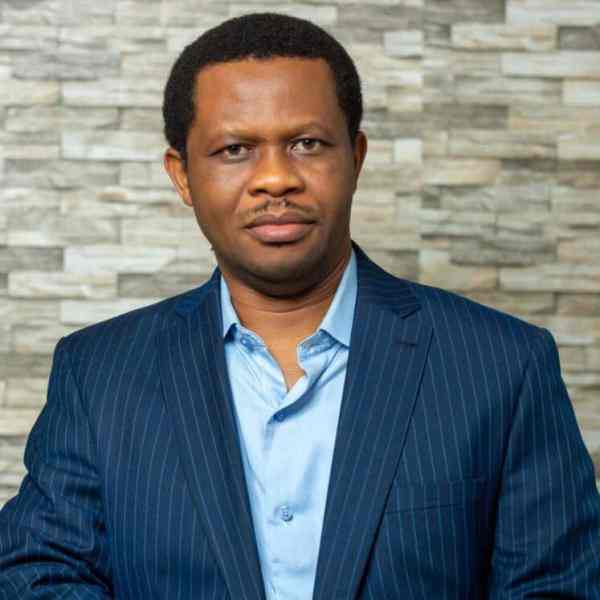
Introduction
Paschal is transforming the way the healthcare sector delivers emergency medical care, before and after patients reach the hospitals by empowering and training citizens as first responders in post-crash care and support.
The New Idea
Paschal is increasing the number of accident victims accepted in hospitals without administrative bottlenecks, and the completion of treatments of low-income people who may not have the initial deposit required by hospitals. He is systematically identifying and empowering local actors to become… Read more
The Problem
Across the globe, about 930 million people spend at least 10% of their household income on healthcare according to the World Health Organization. And to further buttress the lack of access to healthcare services, statistics show that for half of the world’s population, the nearest doctor or nurse… Read more
The Strategy
Paschal and his team are tackling the issue of road accidents, the leading cause of deaths in Nigeria, with a proactive approach. They have signed an MOU with the Nigerian police and other government authorities to acknowledge that citizens can be trained as first responders with full backing from… Read more
The Person
Paschal was born and raised in Southeast Nigeria in a low-income family, which gave him a firsthand experience of the challenges faced by people from economically disadvantaged backgrounds. As a young child (11years old), he witnessed his father die of a cardiovascular ailment, and he feels that… Read more

